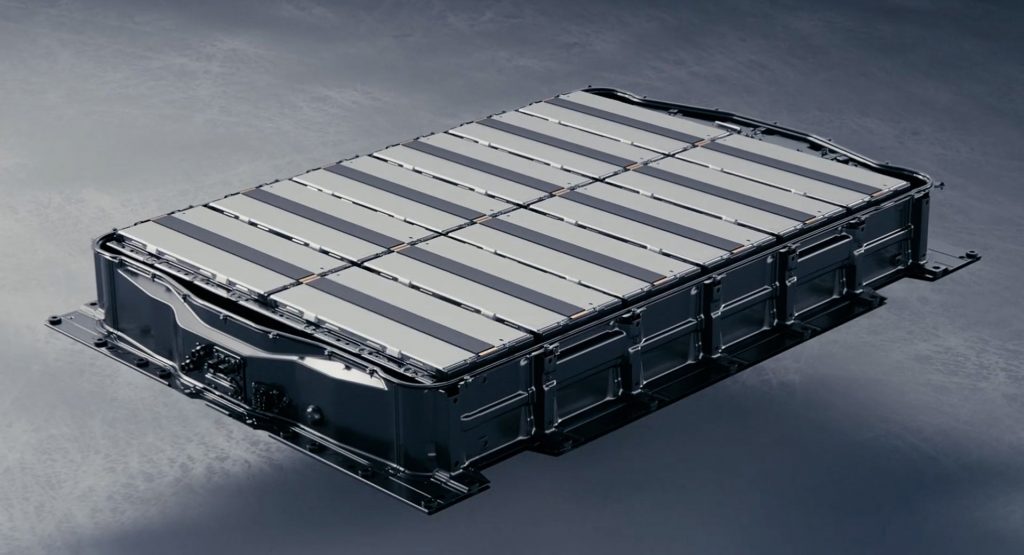The Ultium Cells joint venture established by General Motors and LG Energy Solution have announced that up to 100 per cent of the material scrap generated from the manufacturing of its battery cells will be recycled.
To make this happen, GM and LG have joined forces with Canada’s Li-Cycle, announcing that materials including cobalt, nickel, lithium, graphite, copper, manganese, and aluminum will be recycled. The companies added that nearly 95 per cent of these materials can be used in the production of new batteries or for adjacent industries.
The battery manufacturing plant being built in Lordstown by GM and LG Chem will be capable of producing 35 gigawatt hours of battery cells annually and about 5-10 per cent of the facility’s output will be excess scrap. As such, this scrap material will be sent to Li-Cycle’s recycling location in Rochester, New York where it will be processed and returned to the battery supply chain.
Read Also: UAW Wants To Be Sure Workers At Battery Plants Are Represented, Too
Li-Cycle’s recycling process involves the battery materials being shredded in a submerged solution that is proprietary to the company. This reduces the thermal risk of a fire and recovers up to 95 per cent of the battery materials. It also avoids the harmful emissions that would be generated from burning any of the materials.
“Our combined efforts with Ultium Cells will be instrumental in redirecting battery manufacturing scrap from landfills and returning a substantial amount of valuable battery-grade materials back into the battery supply chain,” Li-Cycle president, chief executive and co-founder Ajay Kochhar said. “This partnership is a critical step forward in advancing our proven lithium-ion resource recovery technology as a more sustainable alternative to mining.”




